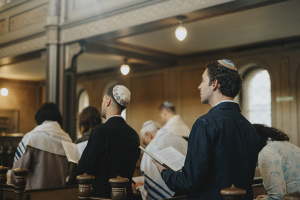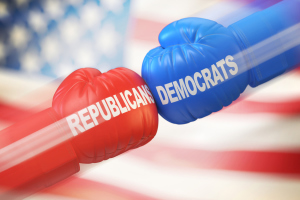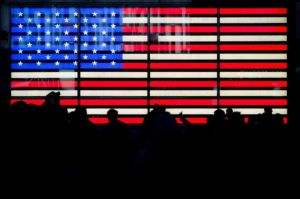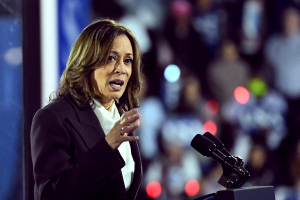The ticking time bomb at the heart of US-India relations
Much like the wall hastily built to hide an impoverished neighborhood from President Trump’s view, India wants the president to look the other way when it comes to religious persecution.
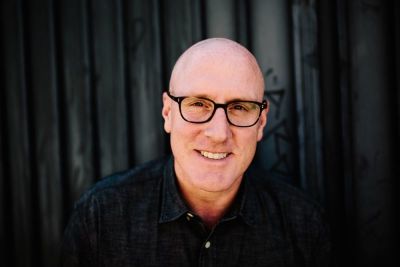
A wall won’t hide, however, the overwhelming evidence that India’s religious minorities are under assault. India, like the United States, is a vibrant democracy with constitutional protections for the religious freedom of its 1.3 billion citizens. In recent years, those protections have started to look like empty promises. Worse still, Prime Minister Modi’s government appears determined to hide the facts on the ground.
India is a geostrategic ally to the United States, an economic power consistently working to advance U.S. interests while helping to counter China’s dominance in the region. A new trade deal, which is reportedly on the table for the visit, might provide serious economic benefits to both countries. There’s just one issue: India’s record on religious liberty shows it is not willing to comply with international laws on human rights, making any deal a risky one.
Open Doors’ 2020 World Watch List, which ranks countries where it is most difficult to be a Christian, places India at number 10. That’s one rank worse than Syria, a country torn apart by almost nine years of civil war.
For many Christians in India, violence and death threats are common. Open Doors’ carefully conducted research reveals more than 1,500 Indian Christians faced violence or death threats due to their religious beliefs between November 2018 and October 2019 alone. In that same period, at least 295 Christians were detained without trial for faith-related reasons. One of them is American missionary Bryan Nerren, who is currently denied access to his passport after being detained on spurious criminal charges. President Trump has written to Pastor Nerren’s family, but whether he’ll raise the pastor’s case directly with Modi remains to be seen.
The fact is, India’s record on religious freedom is a ticking time bomb at the heart of the U.S.-India relationship. India’s Muslim community and other religious minorities likely face as much, if not worse, hostility and discrimination. Religious tensions are already spilling over into violence and bloodshed.
President Trump’s efforts to build rapport and partnership with India are at risk of imminent collapse if the two leaders avoid a frank discussion on the egregious human rights and religious freedom abuses happening under Prime Minister Modi’s watch.
It’s a tall order. Prime Minister Modi appears to be at the heart of a political movement pushing a Hindu-first agenda, which inherently diminishes the rights of non-Hindu religious groups. Though he has attempted to distance himself from this abuse of power, his fingerprints remain on the policies of the Bharatiya Janata Party (BJP) and the Hindu extremist factions that form the bulwark of the BJP’s most ardent supporters.
To its credit, the Trump administration has made international religious freedom a key foreign policy initiative. This step forward was underscored by the February 7 formation of the International Religious Freedom Alliance. Twenty-seven countries have joined the alliance and committed to advancing religious freedom on their own turf and around the world. It’s unclear if India was invited to join as an original member, but frankly much work would need to be done before India could seriously commit to the principles of the alliance.
As President Trump and Prime Minister Modi step out together in a spirit of cooperation and dialogue, India’s suffering minorities cannot be left behind. More than 60 million Indian Christians, and over 200 million Indian Muslims, among others, will be watching to see if the United States is willing to raise their plight at the highest levels of power. For the sake of those millions, and for the sake of a strong future U.S.-India relationship, the president must not miss this chance.
David Curry is CEO of Open Doors USA, a nonprofit organization working to empower Christians living under religious persecution in more than 60 countries. For more information, visit OpenDoorsUSA.org.

















